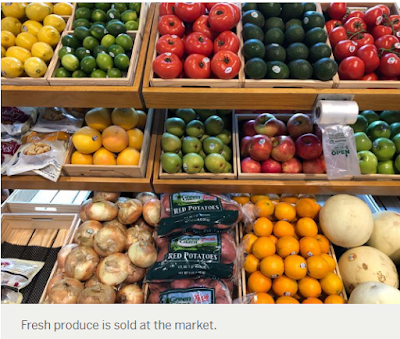FAQs
1. What is
Bankruptcy?
Bankruptcy is a legal proceeding in which an individual who
is unable to pay his or her financial bills is granted relief from creditors by
the federal court. Filing for bankruptcy immediately puts a stay on all
creditors seeking to collect their debts from you or at least till your
financial issues are sorted out according to legal procedures. As per Long Island Bankruptcy Law, in a
Chapter 7 case most debts can be eliminated while in a Chapter 13 or Chapter 11
case, the debts can go for a reduction or cure under a reorganization plan. The
best way forward should be decided in consultation with a New York Bankruptcy
Lawyer.
2. How does
Bankruptcy affect me?
Bankruptcy dispenses with the lawful commitment to pay the
most or entirety of your debt. This provision "discharge of debts is
intended to give the debtor a fresh beginning on the financial front. It
prevents foreclosure on your house and presents you with a chance to catch up
with missed installments. It re-establishes or avoids disconnection of utility
services. New York
bankruptcy Law also allows for a challenge to be mounted against claims of
creditors who are fraudulently trying to extract more than the amount owed.
3. What doesn't Bankruptcy change?
Bankruptcy, under New York bankruptcy Law,
is definitely not the cure all for all financial stress nor it is a general
solution for anyone in high debt. As per Long Island Bankruptcy
Law, It is not possible to eliminate the claims of a secured creditor who
has taken a mortgage on property as a security for a loan. The creditor can be
forced to take structured payments over time or be prevented from asking for money
if a property is already taken. Bankruptcy litigation
also cannot eliminate certain special debts like child maintenance, fines
related to criminal cases, alimony, divorce related payments and certain Govt.
taxes.
4. What are the options other than bankruptcy?
While declaring bankruptcy is chosen by debtors in genuine issues
involving financial stress and overburdening, financial insolvency is not
always the only option. Creditors can be reached for out of court settlements,
where the loan amount can be restructured and payments can be rescheduled.
Negotiations are often the preferred way for unsecured debts like credit cards,
where successful negotiations can sufficiently lower the payable amounts. Bankruptcy litigation
lawyers often
negotiate most debts on behalf of clients, including credit card, mortgage, tax
and other debts.
5. What does it cost to file for bankruptcy?
The charges for bankruptcy under Chapter 7 is $306, while for
that under Chapter 13 is $281 for both an individual and a married couple. The
court may allow for the payment of this fee in installments if the entire
amount is not available upfront. The charges of Long Island Bankruptcy
Lawyers are payable as mutually agreed upon.
